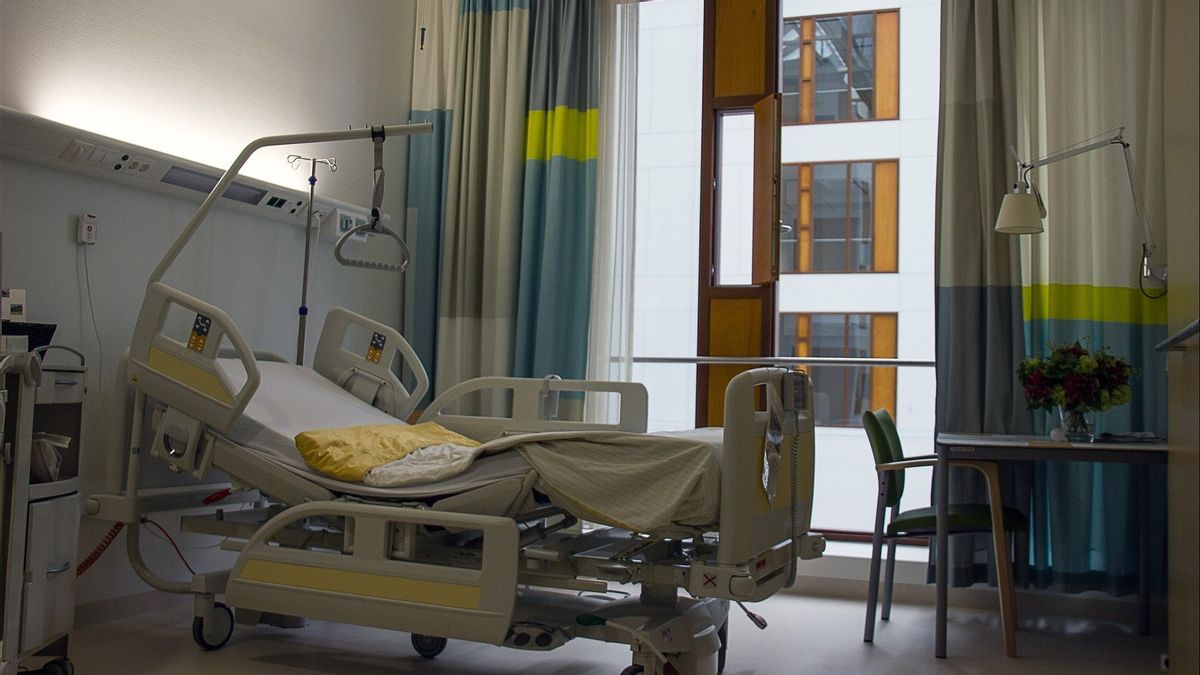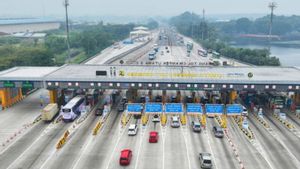JAKARTA - The Governor of DKI Jakarta said that the decision to reintroduce the PSBB, such as the initial restriction, was due to fears that the use of the treatment bed for COVID-19 patients would soon be full.
Anies said, currently DKI only has 528 ICU beds for COVID-19 patients with severe symptoms. Its use has reached 83 percent. This figure is already above the threshold for vulnerability.
If DKI does not impose emergency brakes by tightening restrictions, a bed in the ICU will only last one week. After that, the ICU beds in DKI could no longer accommodate new COVID-19 patients.
"If the increase which has been running from August to September increases drastically, the trend will continue to rise. Then on September 15, the ICU beds will be full," said Anies at the City Hall of DKI, Central Jakarta, Wednesday, September 9.
Meanwhile, for isolation beds in referral hospitals as many as 4,456 and useability reached 77 percent. If there is no emergency brake, isolation beds for COVID-19 patients will no longer be able to accommodate patients in the next eight days.
"If this situation continues, there is no braking, then from the data we have we can make protection, on 17 September the isolation bed we have will be full," said Anies.
Anies said that DKI had actually planned to increase the bed capacity, both in isolation and in the ICU. This addition will be able to reduce usage to be reduced by 20 percent.
However, said Anies, if DKI only adds bed capacity but still imposes a transitional PSBB, the isolation beds for COVID-19 patients will return to full on October 6 and the ICU will be full on September 25.
"In short, we will increase capacity. But, if there are no strict restrictions, then this is just buying time. In less than a month, the hospital will be full again," explained Anies.
Anies decided to withdraw the emergency brake for handling COVID-19, namely tightening the PSBB as in the initial stage. The PSBB will take effect from Monday, September 14
All business and office activities, apart from the 11 essential business sectors, are required to return to work from home or work from home (WFH). All places to eat such as restaurants and cafes are still allowed to operate, but visitors are no longer allowed to eat on the spot.
The English, Chinese, Japanese, Arabic, and French versions are automatically generated by the AI. So there may still be inaccuracies in translating, please always see Indonesian as our main language. (system supported by DigitalSiber.id)













